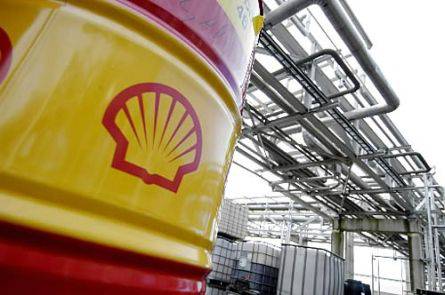
In a significant move, Shell has announced a deal to sell its Nigerian onshore subsidiary, The Shell Petroleum Development Company of Nigeria Limited (SPDC), to the Renaissance consortium for a total value of $2.4 billion.
The consortium, comprising ND Western, Aradel Energy, First E&P, Waltersmith, and Petrolin, will acquire SPDC, according to Shell’s official statement. The consideration payable to Shell in this transaction is $1.3 billion, with additional cash payments of up to $1.1 billion related to prior receivables and cash balances in the business. These additional payments will be adjusted based on shareholder distributions and other factors.
The net book value of the entity undergoing this transaction is approximately $2.8 billion as of December 31, 2023. The completion of the deal is contingent on approvals from the Federal Government of Nigeria and other conditions.
Shell emphasized that the transaction has been structured to preserve SPDC’s operational capabilities, ensuring the continuity of technical expertise, management systems, and processes. SPDC’s staff will continue to be employed as the company transitions to new ownership.
As part of the transition, Shell will provide secured term loans of up to $1.2 billion at closing to cover various funding requirements. Additionally, Shell will offer additional financing of up to $1.3 billion over future years to fund SPDC’s share of the development of the SPDC joint venture’s gas resources and specific decommissioning and restoration costs.
Shell, in its commitment to Nigeria, will retain a role in supporting the management of SPDC JV facilities, which play a crucial role in supplying feed gas to Nigeria LNG. However, Shell’s 25.6% interest in NLNG is not included in this transaction.
This strategic move aligns with Shell’s broader strategy of focusing its investments in Nigeria on Deepwater and Integrated Gas positions. The sale, subject to regulatory approvals, reflects Shell’s intent to exit onshore oil production in the Niger Delta.
Shell highlighted that, beyond this transaction, it maintains a significant presence in Nigeria through three businesses outside the deal’s scope: Shell Nigeria Exploration and Production Company, Shell Nigeria Gas Limited, and Daystar Power Group.
This development is poised to have implications on Nigeria’s oil and gas landscape, as the country aims to boost its oil and condensates production to 2.6 million barrels per day by 2026, addressing challenges such as crude theft, pipeline vandalism, and underinvestment in the industry.






Be First to Comment